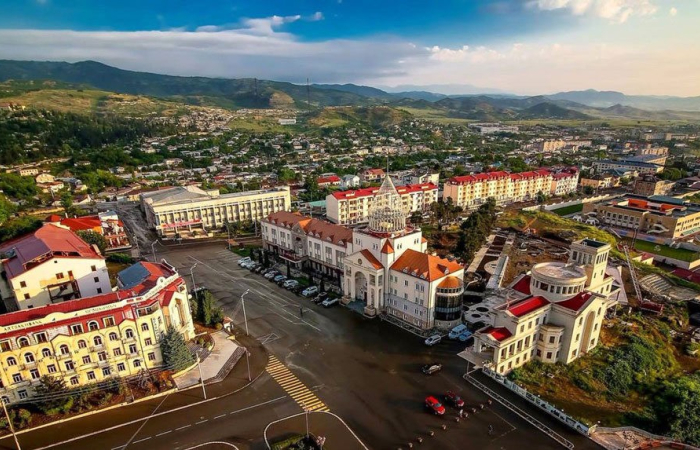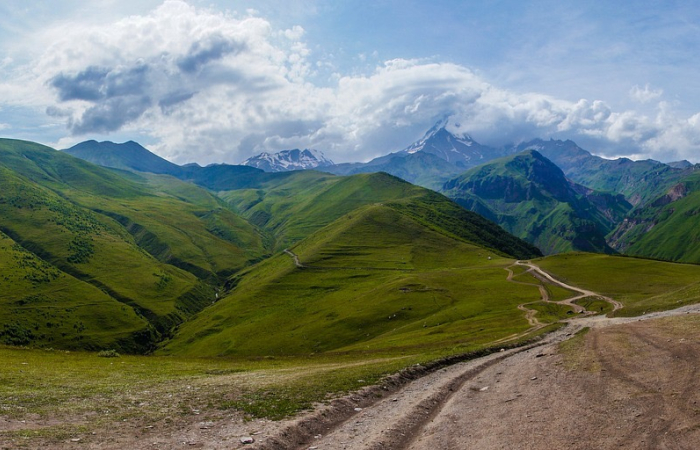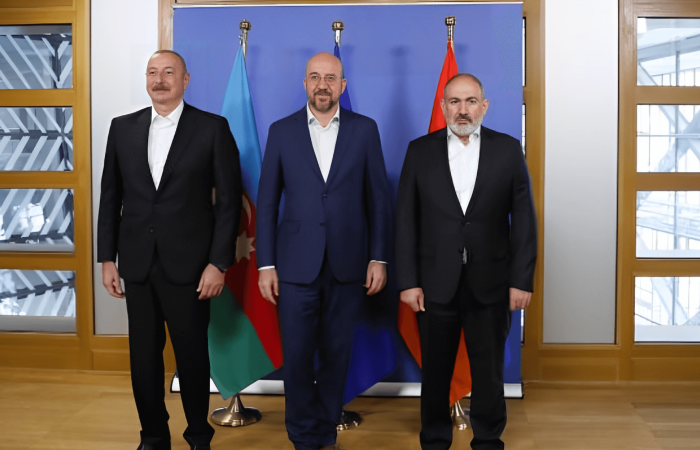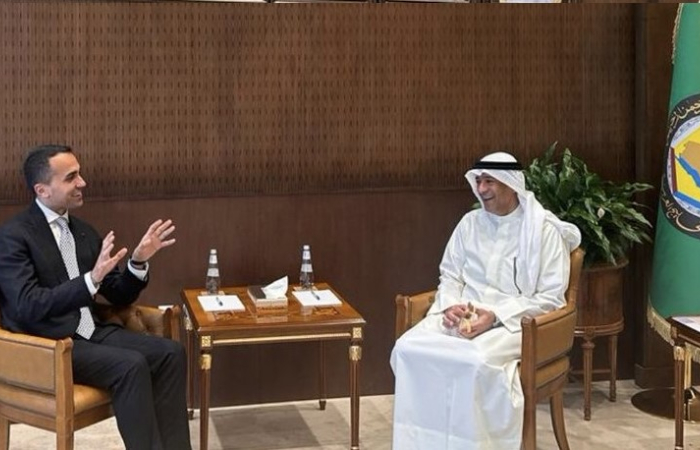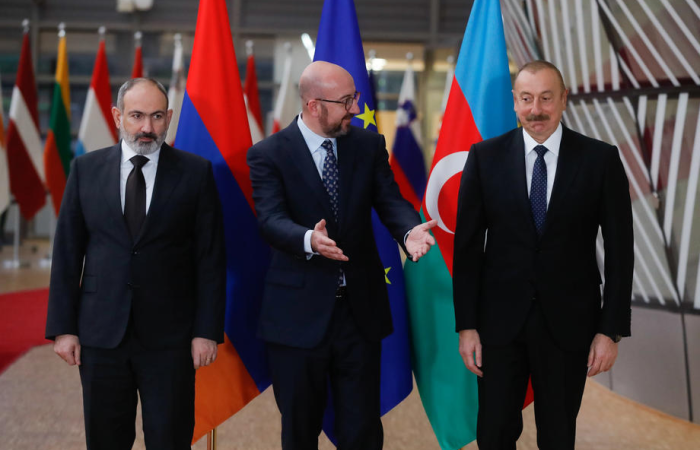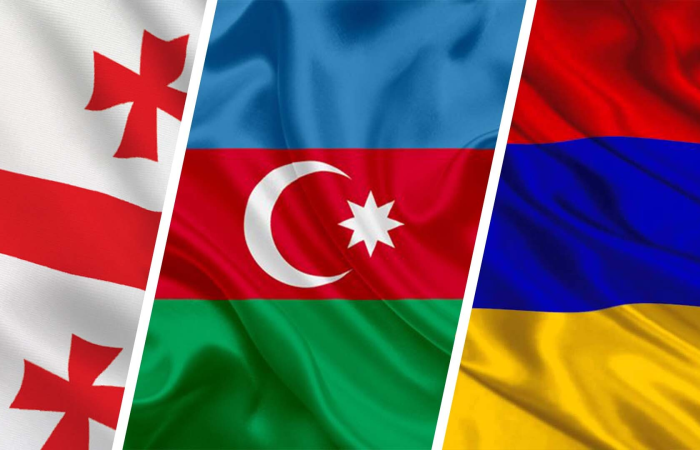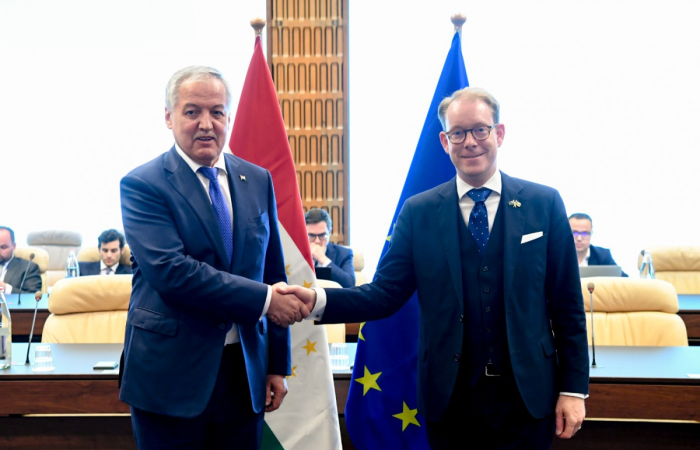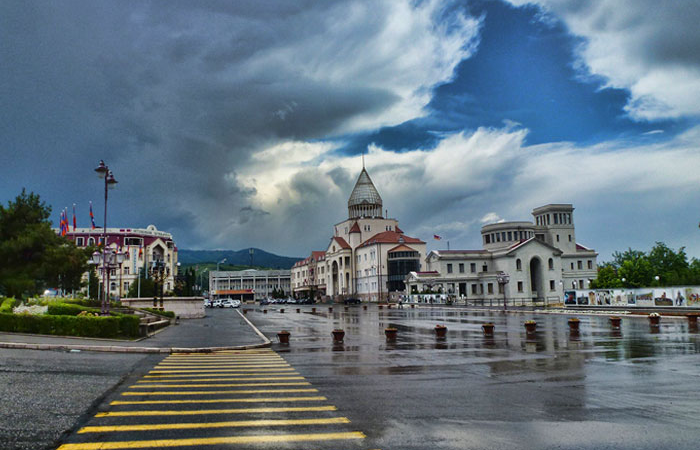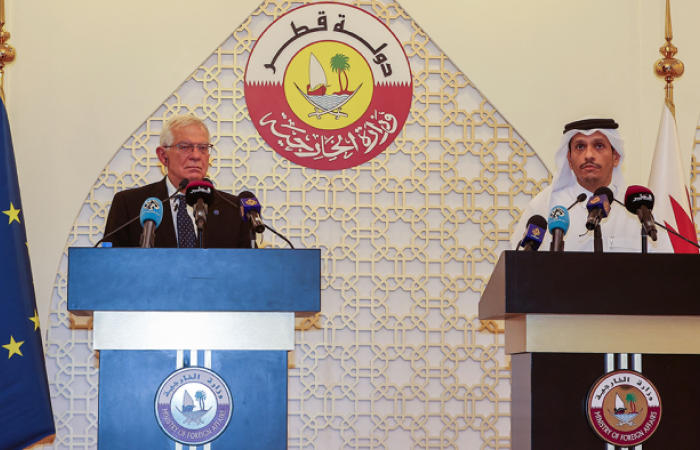Trending
Opinion: Three competing Karabakh narratives
29 September 2023
The dramatic events of the last days in Karabakh brought to a climax decades of political crisis, confrontation and war that, since 1989, has resulted in tens of thousands of people dead, even more, injured, and hundreds of thousands of refugees and displaced people. Armenians and Azerbaijanis fought a war in the early 1990s that resulted in an Armenian victory, and another one in 2020, that resulted in an Armenian defeat. In between, and since, there were many skirmishes, and untold animosity that expressed itself in all sorts of ways. The Karabakh conflict has destabilised the entire South Caucasus region, preventing regional cooperation, frustrating economic development and exposing the region to the manipulation of outside forces. On 19 September, Azerbaijan appeared to finally put an end to the problem through a short but sharp military operation that essentially wiped out the military capability of the Karabakh Armenians. Yet again hundreds died on both sides, and the world is now watching the latest wave of South Caucasus refugees on the move, as almost the entire Armenian population of Karabakh seeks refugee in Armenia. Many consider that the problem has not been resolved – it has simply changed.
To understand why events unfolded as they did, and why efforts over decades by the world’s leading countries and statesmen failed to find a solution to this problem it is essential to understand that Karabakh is not one issue, but three: each with its own narrative, and quite persuasive justification. The big question however remains, will there be Armenians living in Karabakh going forward, and under what conditions?
Conditions need to be created for Karabakh to become a multi-ethnic community within Azerbaijan. Its specific Armenian linguistic and cultural characteristics should be preserved. All those displaced since 1989 should have a right to return to build together this community.
The onus now depends on Azerbaijan to create the right conditions for this to happen, and they will be well-advised to work with credible international partners in doing so.
Karabakh is never going to be peaceful, and it is never going to be complete, until its Armenian and Azerbaijani populations are back and living together in peace and prosperity.



